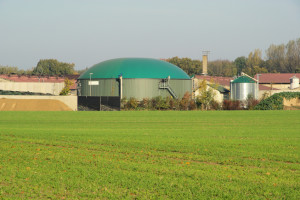Worldlog week 41 – 2013
Great news! PAN, our Portuguese sister party has won several seats in Portugal’s local elections. In some municipalities, the Portuguese Party for the Animals is bigger than the government party! I made a support film for PAN. Haven’t seen it yet? Watch it here.
PAN also managed to secure another seat in Lisbon. I heartily congratulated party leader Miguel Santos on winning the seat. My Portuguese-speaking readers can find out more here.
Our film about 10 years of the Party for the Animals, The Pacer in the Marathon, is now available on our YouTube channel with English, French, Turkish, and Russian subtitles. Click here. Plus, The Pacer in the Marathon will screen at the STEPS festival in the Ukraine on 9 November and on 30 November at the Mostra Festival in Brazil. Hopefully more countries will follow!
Last Friday was World Animal Day. Our active members worked all over the country to raise awareness about abstaining from fur by handing out flyers with information about fur. Fur is an unnecessary and cruel fashion item, and as far as we are concerned it can’t be banned soon enough! I’m proud of our members who hit the streets on World Animal Day to inspire other people.
World Animal Day was hopefully a good opportunity to not only spoil their pets, but to stop and think about what’s on their plates. It would be great if World Animal Day became World Eat No Animals Day. Increasing studies show that with a little good will, we could feed 10 billion people, but we’d have to not eat meat.
In Israel, Rabbi Dov Lipman argued for a meatless Monday in the Knesset – Israel’s parliament. It’s a good start!
We’ve been busy this week convincing Ms Dijksma – State Secretary of Agriculture and the rest of the House to finally tackle the Netherlands’ manure surplus. Unfortunately, Ms Dijksma isn’t tackling the problem at the source, but is rather allowing the livestock herd to grow.

The Netherlands keeps the most animals per capita in the world, and therefore has a huge surplus of manure. Every year, the Netherlands produces 71 million kilos of manure, 4,000 kilos for every Dutch citizen. Our arable land cannot process so much manure, it leeches harmful substances into the groundwater. Manure also ends up in the surface water, which is incredibly harmful to nature and our health. Further more, animals have to be kept the whole year through in the stall in order to process the manure in large plants.
We want to tackle the problem at the source by drastically reducing the number animals and stimulating ground-based agriculture with animals out in the pastures. My colleague Esther has lodged a number of motions to this end. They’ve not gone to the vote, so it’s to be continued.
Have a great week! Marianne